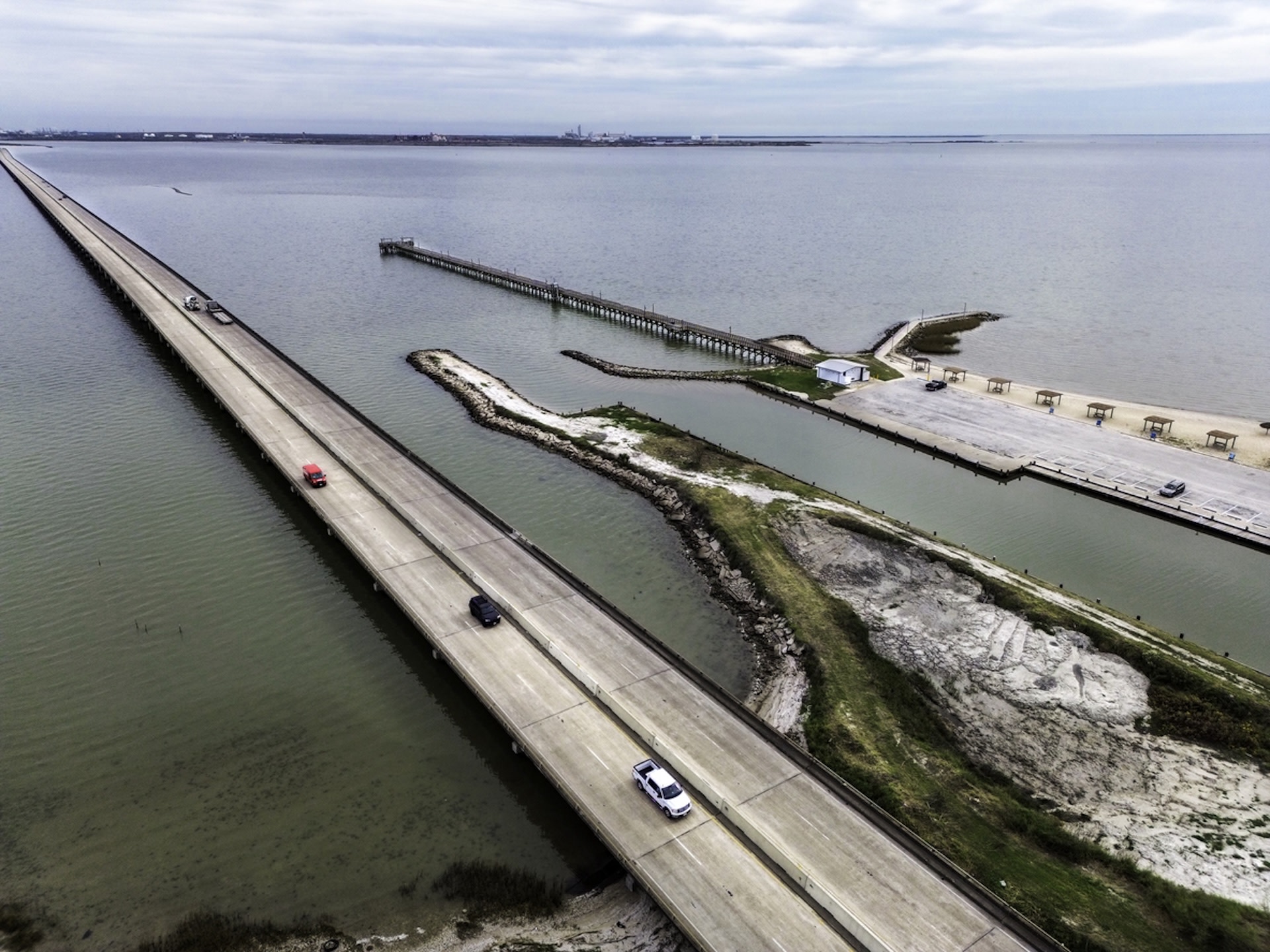A Texas judge recently struck down an air pollution permit that was issued using a controversial and unofficial rule that requires challengers to live within 1 mile of a polluting facility.
What happened?
In December 2023, Travis County District Court Judge Amy Clark Meachum reversed a 2022 decision by the Texas Commission on Environmental Quality (TCEQ), which had denied a request for a pollution permit hearing, as Inside Climate News reported (and the Texas Standard republished).
The permit in question was for an expansion of Max Midstream's Seahawk Oil Terminal on the Gulf Coast's Lavaca Bay. Local shrimpers, led by Diane Wilson, had requested the permit hearing, arguing that Max Midstream had underrepresented expected emissions.
However, TCEQ asserted that the shrimpers lacked standing because they lived more than a mile from the new and expanded terminal, and the challenge was denied.
As a result of the new court ruling, TCEQ is now required to hold a hearing "on all relevant and material disputed issues of fact."
Why is the 1-mile rule concerning?
In order to file an objection against a pollution permit in Texas, the filer must be deemed an "affected person" who will be impacted by the pollution more than the general public.
The TCEQ has been using the 1-mile rule since at least 2010 to determine whether someone is an affected person, and people living outside of that parameter cannot file an objection.
However, this "rule" is not found in any federal or state laws, nor is it in any TCEQ department documents, as Inside Climate News reported last year.
The rule is based on the notion that pollution does not travel further than 1 mile. However, pollution can travel much further depending on the wind. For instance, we now know that freeway pollution can drift over a mile from its source. And some types of air pollutants can travel hundreds of miles, affecting other cities and states.
"This practice is arbitrary and unlawful," Erin Gaines, a lawyer with the nonprofit Earthjustice, told Inside Climate News, per the Texas Tribune.
What's being done about the 1-mile rule?
Though courts rarely get involved with Texas pollution permits, according to the reporting, this was the second such ruling in a matter of weeks. Previously, the federal Fifth Circuit Court of Appeals in New Orleans struck down another permit for an East Texas gas terminal.
The latest reversal was thanks to the push by Wilson and the shrimpers group. Wilson has been outspoken against pollution in the state for years, and in 2019 she won a landmark case against Formosa Plastics for illegal dumping of toxic plastic waste on Texas' Gulf Coast.
Meanwhile, a growing number of cities, states, and countries are working to clean up their act to reduce harmful pollution. For instance, Wales is now banning most new roadway projects, Los Angeles and other California cities outlawed most gas power in all newly constructed buildings (although these restrictions were later challenged), and New Jersey is banning the sale of gas-powered vehicles by 2035.
Join our free newsletter for cool news and actionable info that makes it easy to help yourself while helping the planet.









